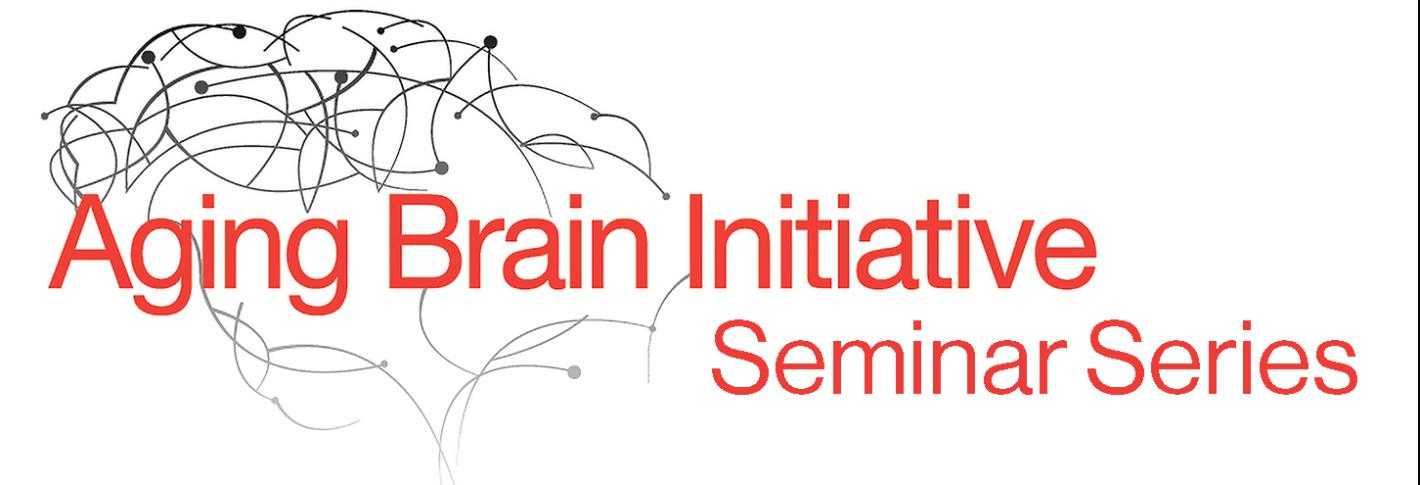Aging Brain Seminar with Mark Gluck, PhD, Rutgers University
Monday, February 13 at 11:00am
Picower Seminar Room (MIT Building 46, Third Floor, Room 46-3310)
Pathways to Healthy Aging: How Lifestyle, Genetics, and Environment Interact to Promote Resilience Against Alzheimer's Disease
The
Aging & Brain Health Alliance at Rutgers University-Newark fosters interdisciplinary and university-community collaboration to expand our understanding of aging, brain health, and the prevention of Alzheimer’s disease. We focus on populations with elevated risk for dementia, especially African Americans, who suffer from Alzheimer’s disease at over twice the rate of the general population. In partnership with local community-based and faith-based organizations, we promote Alzheimer’s awareness and risk reduction through brain-healthy habits and lifestyle choices. Since 2015, over 500 older African Americans from in and around Newark have joined our “Pathways to Healthy Aging in African Americans” program as Very Important Participants (VIPs). Through their participation they strive to improve their own brain health and reduce their risk for Alzheimer’s disease, while also supporting and participating in NIA-funded research on healthy aging.
I will describe our recent advances in addressing the three key knowledge gaps that motivate our research: (#1). We need new measures of cognition and brain function that can detect the earliest (preclinical) phase of Alzheimer’s disease; (#2). We need to better understand (a) how genetics and modifiable lifestyle factors interact to determine who is at highest risk for Alzheimer’s, and (b) which non-pharmacological interventions will have the greatest impact on which people for reducing risk; (#3). We need to ensure that advances in #1 (early detection) and #2 (optimized interventions) are applicable to populations at high risk, especially African Americans.





